Will the Summit for Democracy unite or divide the world?
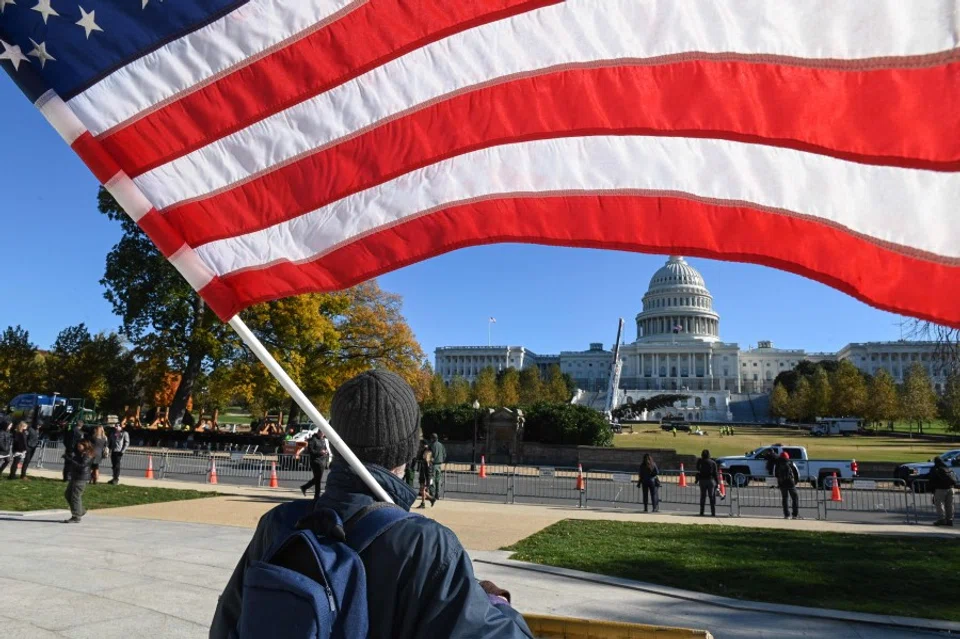
On 23 November, the US Department of State announced a list of 110 invitees to the upcoming inaugural Summit for Democracy, long called for by US President Joe Biden. This formidable list constitutes at least half of the United Nations members.
Taiwan has also been invited. However, the US did not spell out whether Taiwan is considered a country or a region, and the attendees will not be President Tsai Ing-wen, but Minister Without Portfolio for Digital Affairs Audrey Tang and Taiwan's representative to the US Hsiao Bi-khim. This is clearly to avoid provoking Beijing too much, which probably follows some behind-the-scenes negotiations between Beijing and Washington. On the other hand, China and Russia are unsurprisingly not among those invited.
During his presidential campaign, Biden had already committed to hosting a global Summit for Democracy within the first year of taking office, "to renew the spirit and shared purpose of the nations of the Free World", and to "forge a common agenda to address threats to our common values".
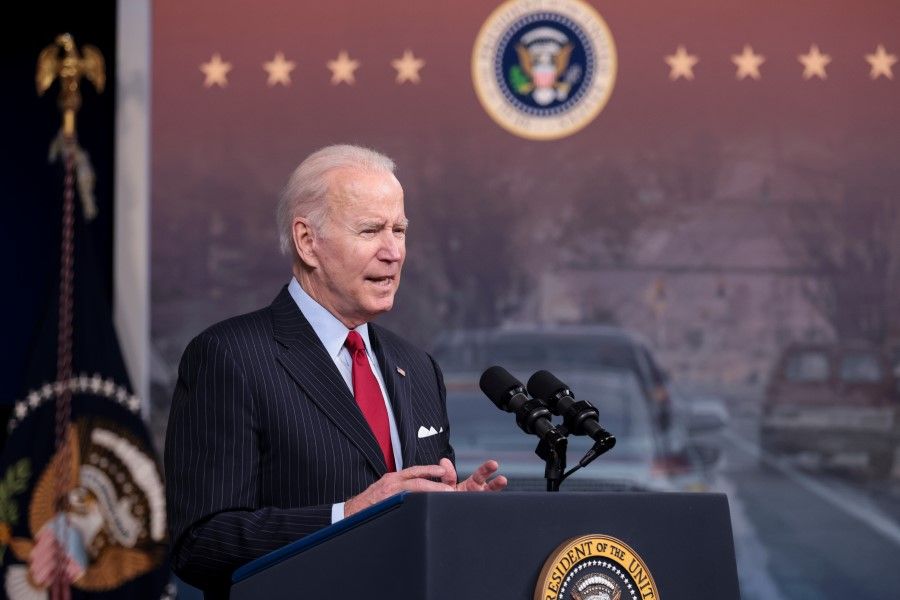
From the start, the heart of Biden's diplomatic policy has been to rebuild US democracy and ride on democracy to return the US to its position as a global leader and to strengthen that position. However, his idea of a democracy summit has been full of controversy, even more so with the storming of the Capitol in January.
In December 2020 and early 2021, Foreign Affairs magazine published articles by US-based academics proposing that the US should first "heal itself" and hold its own democracy summit to gather cross-party Congress and Senate leaders as well as governors to reiterate their commitment to US democracy and push for reform of the voting rights system.
...at least one Taiwan commentary has mocked as a "big worship ceremony" (大拜拜, dabaibai), to showcase global unity under US leadership, and to stage a rally against the "authoritarian countries" that were not invited.
What will the democracy summit achieve?
So far, Western observers have mixed feelings about the democracy summit. On the one hand, they describe the theme of democracy as admirable but abstract, and on the other, they are concerned that in the end it may just be the attendees delivering empty words and not doing anything concrete. Even non-governmental organisations and those in the democracy movement are complaining about being marginalised - Mike Abramowitz, president of Freedom House, this week wrote an article saying that the "Summit for Democracy shouldn't be just a photo op".
It was in August this year that Biden announced a virtual democracy summit on 9 and 10 December, followed by an in-person summit one year later. He also set three main themes of defending against authoritarianism, addressing and fighting corruption, and promoting respect for human rights. So how will this summit divided along ideologies and values be conducted, and what objectives might it meet?
Several possibilities come to mind. First, it may be as Freedom House criticised, with everybody coming together for a group picture in what at least one Taiwan commentary has mocked as a "big worship ceremony" (大拜拜, dabaibai), to showcase global unity under US leadership, and to stage a rally against the "authoritarian countries" that were not invited.
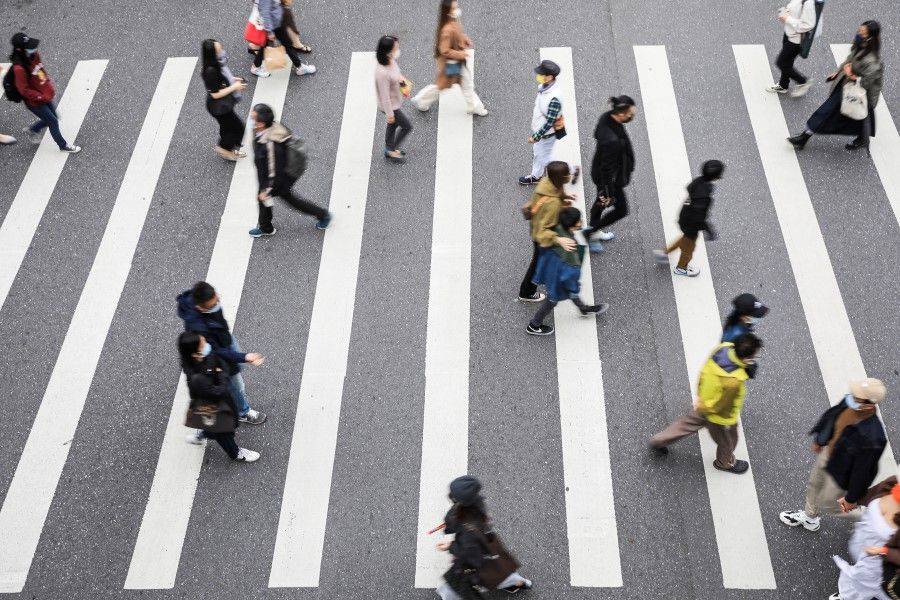
The second possibility could be as the agenda says: provide a platform to discuss challenges to democracy in various countries and regions, and propose ways to repair gaps in the democratic system.
Putting together information from US and European media, attendees will each speak for a few minutes on the three themes (defending against authoritarianism, addressing and fighting corruption, and promoting respect for human rights) and have been advised to think about their shortcomings in each of the areas. They will commit at the summit to do better, and then give an update on progress and results at the summit in December next year. To put it simply, this is to get countries that are sufficiently democratic and those that are relatively undemocratic to make commitments and come under scrutiny.
This picture sounds so idealistic that it is almost unreal, and is reminiscent of the Chinese Communist Party's "self-criticism" and "commitment to improve".
Parallels with Chinese practice
This picture sounds so idealistic that it is almost unreal, and is reminiscent of the Chinese Communist Party's "self-criticism" and "commitment to improve". The problem is, if these countries have the motivation and ability to improve their level of democracy and human rights, they would not need to be supervised by a democracy summit. It remains to be seen if the US will be putting in much resources to support the agenda of each participant.
The third possibility is to highlight the US's geopolitical interests. Numerous commentaries published over the past two days have noted that the invitees were not determined by democracy rankings given by major Western organisations (such as Freedom House), and neither was the selection process transparent. The invited participants include countries with low democracy ratings by Western standards such as Pakistan and Ukraine, and also those that may be backsliders on democracy and freedom of expression, such as Brazil, India, the Philippines and Poland. The fact that these countries are nonetheless on the list demonstrates that the US's strategic interests are an important consideration.
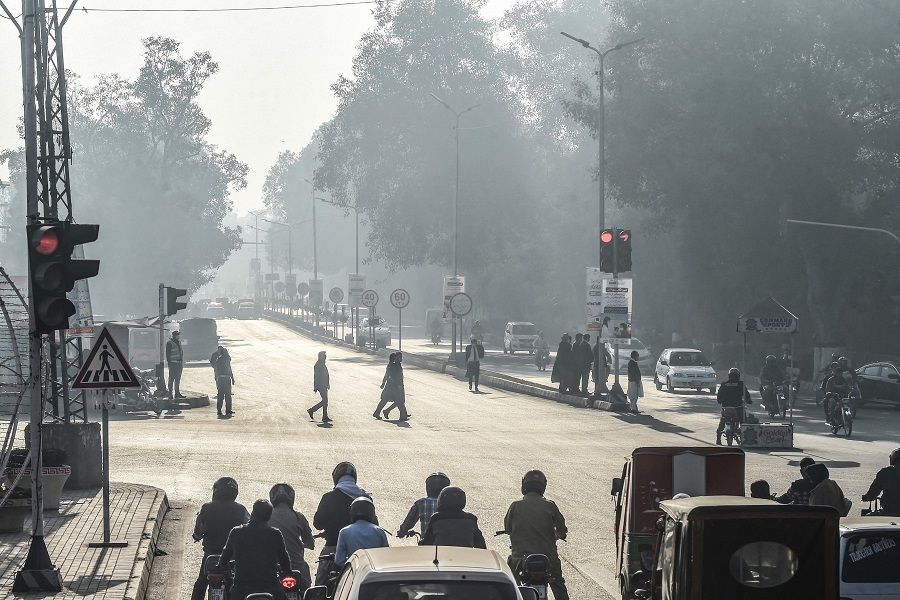
In the end, before the democracy summit can even start improving global democratic governance, it has already split the world into two "democracy" and "autocracy" camps, which is likely to have negative effects on global mutual trust and cooperation.
Next, the "democracy versus autocracy" simple dichotomy of "us versus them" is incompatible with the complex and interdependent reality of today's world. Needless to say, many countries still want the US to play a leading role as a major power, but the world that the US is returning to is a different one. More countries are unwilling to choose sides between China and the US. And while the US wants to uphold its image as a beacon of human rights, its image has indeed been further damaged by its withdrawal from Afghanistan. By holding the democracy summit at this point in time, the US is perhaps not trying to boost its international position but to bolster the Biden administration's domestic image instead.
I wonder if it would be more beneficial if the US organises a "democracy and inclusion" summit in December, where all self-proclaimed "democratic" parties would gather, debate on democracy standards and discuss strategies for promoting democracy?
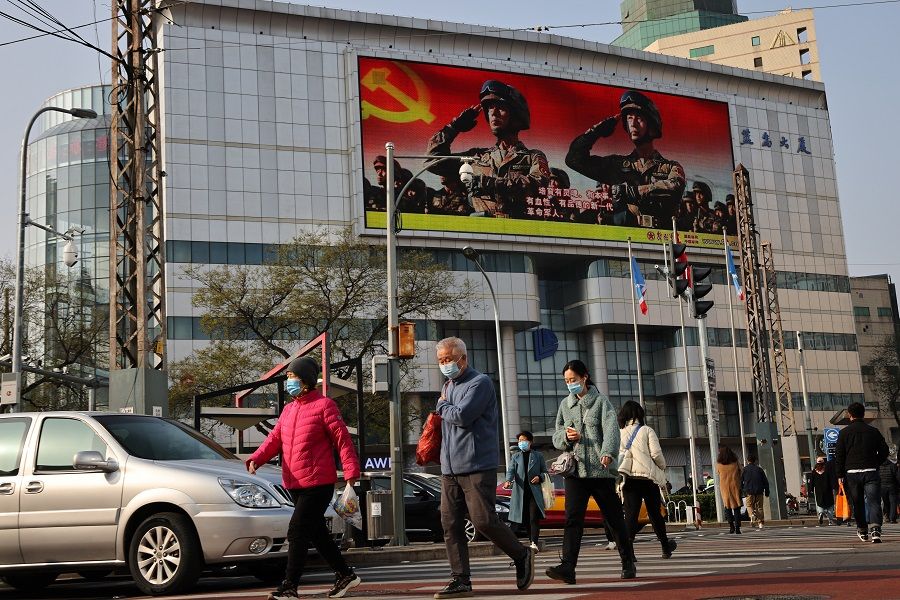
Undoubtedly, the democracy summit will have at least one effect, and that is to affirm the value of democracy. Under the indirect pressure of Biden's democracy summit, China also has to widely publicise its "whole-process people's democracy" in response. But to what extent will democracy be achieved with this governance style and whether the will of the people will find expression still remains to be verified.
In today's world, democracy is recognised as a positive political process. But when democracy becomes a vague concept open to interpretation or used as a tool for geopolitical contests, the concept of democracy rings hollow. I wonder if it would be more beneficial if the US organises a "democracy and inclusion" summit in December, where all self-proclaimed "democratic" parties would gather, debate on democracy standards and discuss strategies for promoting democracy?
Related: US democracy summit: Taipei is invited, Beijing is not included | Can there be a China-style democracy? | How the CPC plans to seize the democracy narrative | Chinese academic: Why the US ignores its own human rights issues and accuses others instead | A question of human rights: Is China an aggressor and oppressor?
